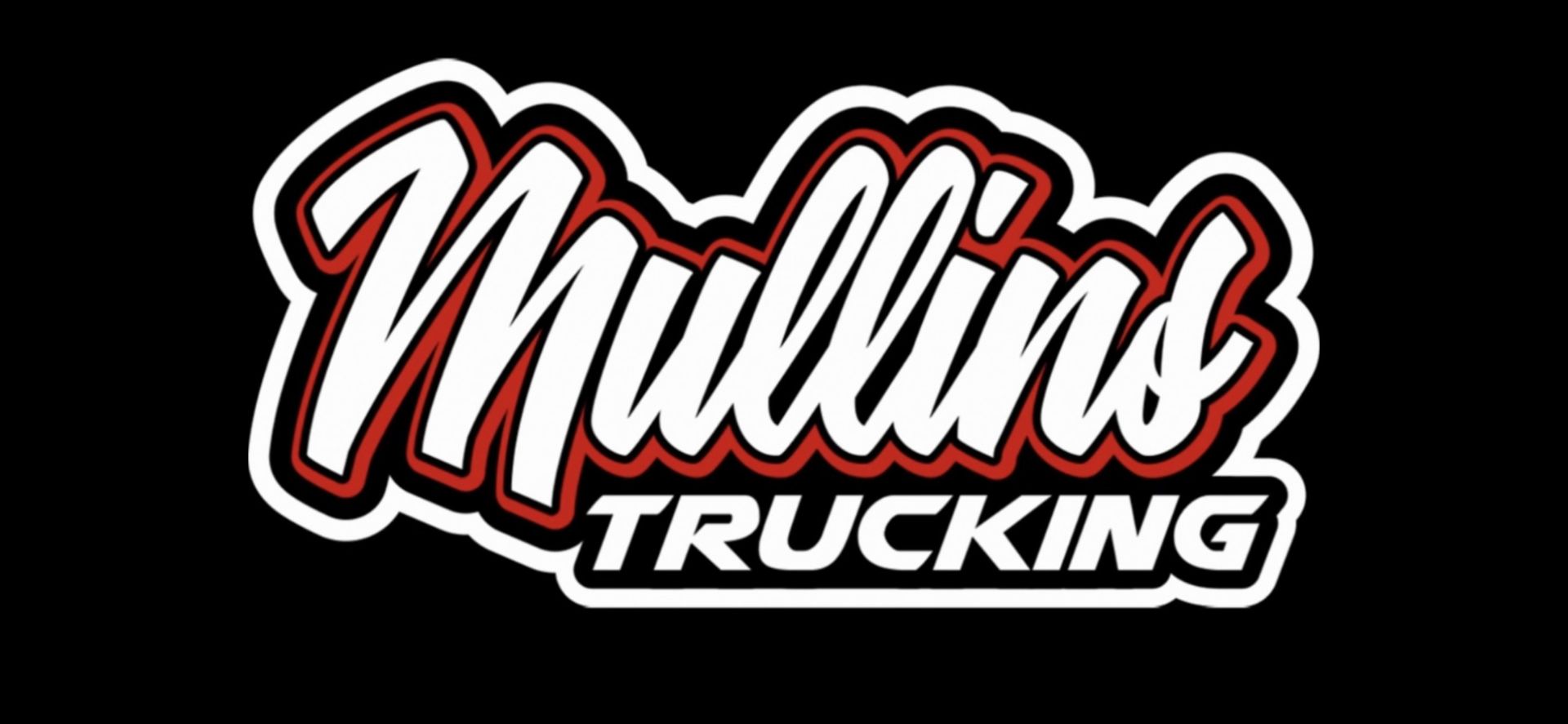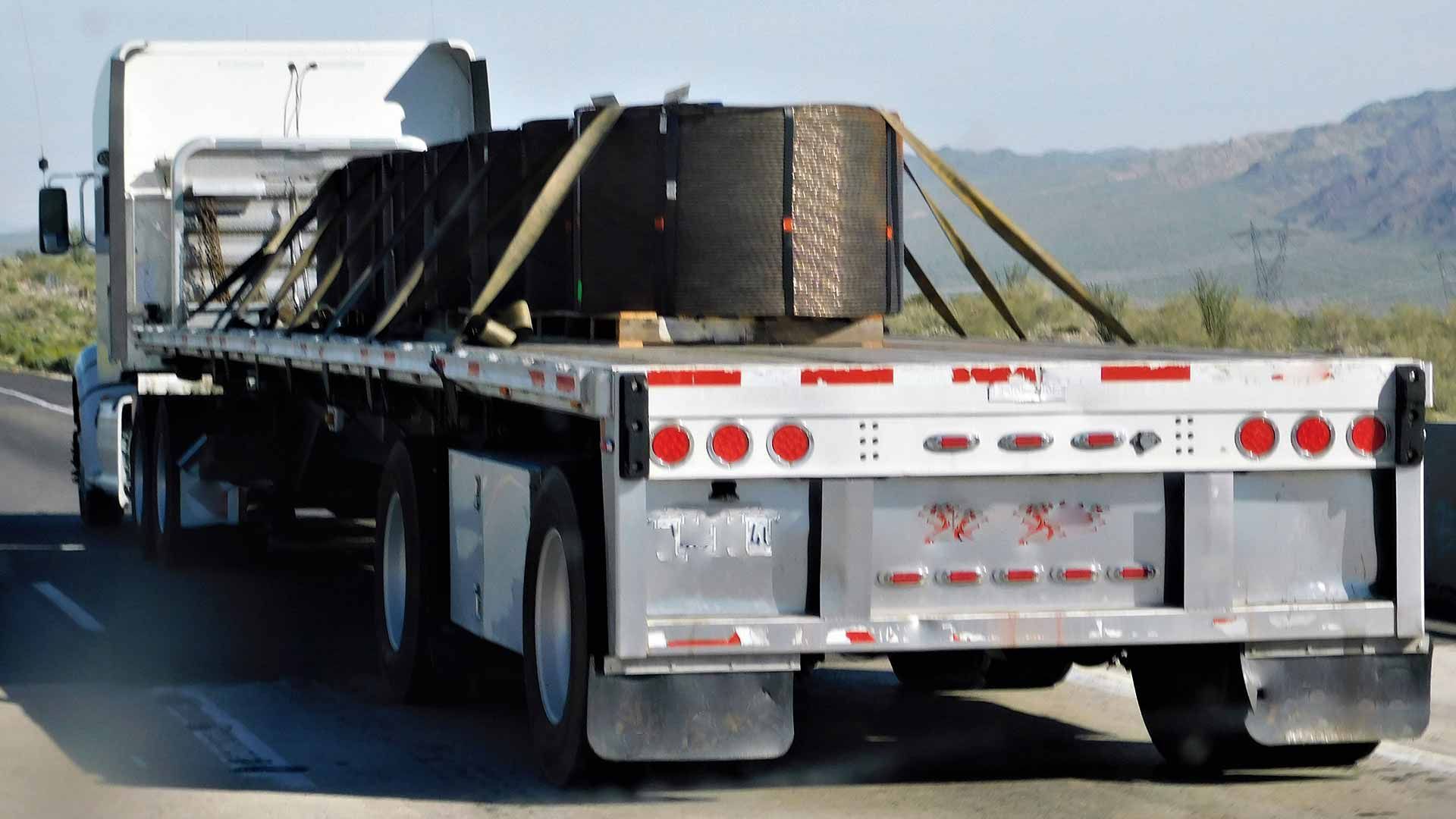Address: 1673 Dorton Jenkins Hwy Jenkins, KY 41537-8287
Long Haul Trucking Safety: Best Practices and Regulations.
Long haul trucking, often referred to simply as long haul truck, is a critical industry that keeps goods moving across vast distances. While these dedicated truckers play a pivotal role in our economy, they also face unique challenges and risks on the road. Safety in long haul trucking is not just a buzzword; it's a matter of life and death. In this article, we will delve into the essential topic of long haul trucking safety, focusing on the best practices and regulations that can help protect truck drivers and everyone sharing the road with them.
Long haul trucking safety is a multifaceted issue that encompasses various aspects, from driver fatigue to vehicle maintenance and compliance with strict regulations. Ensuring the safety of long haul truckers involves a combination of responsible practices, adherence to rules, and the use of advanced technologies. As we explore these facets, we'll provide valuable insights and practical tips to promote a safer and more secure environment for all involved in
long haul trucking.
The Significance of Safety in Long Haul Trucking
In the world of long haul trucking, safety is more than just a guideline; it's a fundamental necessity. Long haul truckers cover extensive distances, often spending long hours behind the wheel, and their actions on the road affect not only their own well-being but also the safety of fellow motorists.
Accidents and incidents involving long haul trucks can have devastating consequences, leading to injuries, fatalities, and significant property damage. It's vital to recognize that the responsibility for safety falls on both individual truck drivers and the trucking companies they work for.
For truck drivers, prioritizing safety means staying alert and well-rested, performing thorough vehicle inspections, and practicing defensive driving techniques to avoid accidents and hazards. Equally important is the securement of cargo, clear communication, and the use of technology to enhance safety.
Trucking companies must also play their part by ensuring that their drivers are adequately trained, vehicles are well-maintained, and all relevant regulations are followed. Together, these efforts create a safer environment for everyone on the road, making long haul trucking a vital industry that operates with the utmost responsibility and care.
Best Practices for Long Haul Trucking Safety:
Long haul trucking safety is a continuous effort that requires truck drivers to adopt a set of best practices to protect themselves, their cargo, and fellow road users. Here are some key best practices:
1. Fatigue Management: Long hours on the road can lead to driver fatigue, a major safety concern. To combat fatigue, truckers should prioritize adequate rest breaks and sleep, avoiding driving while drowsy.
2. Vehicle Inspections and Maintenance: Regular vehicle inspections are crucial to identify and address potential issues. Thorough pre-trip inspections can catch problems early, preventing breakdowns and accidents.
3. Defensive Driving Techniques:
Defensive driving involves staying alert, maintaining a safe following distance, and anticipating potential hazards. Truckers should be cautious around other vehicles and adapt to changing road conditions.
4. Load Securement: Properly securing cargo is vital to prevent shifting or falling during transit. Drivers should ensure that all cargo is secured according to regulations and best practices.
5. Communication and Technology: Effective communication with dispatch and other drivers can enhance safety. Modern technology, such as GPS and telematics, can aid in route planning and monitoring, improving overall safety.
Adhering to these best practices not only keeps truck drivers safe but also contributes to safer roads for everyone. Long haul trucking safety requires a proactive approach and a commitment to
responsible driving habits and procedures.
Regulations and Compliance
In the world of long haul trucking, safety isn't just a matter of best practices; it's also a matter of adhering to strict regulations. These regulations are in place to ensure that all long haul truckers and trucking companies maintain high safety standards and reduce the risk of accidents on the road.
1. Hours of Service (HOS) Regulations: HOS regulations dictate how long a truck driver can operate their vehicle before taking mandatory rest breaks. Compliance with these regulations is crucial to prevent driver fatigue and its associated risks.
2. Weight Limits and Load Regulations: Federal and state authorities impose weight limits and load distribution regulations to prevent overloaded trucks, which can lead to accidents and road damage. Truckers must adhere to these limits and distribute cargo appropriately.
3. Drug and Alcohol Testing: Regular drug and alcohol testing are mandatory for truck drivers. This ensures that drivers are not impaired while on the road, contributing to safer driving conditions.
4. Inspection and Maintenance Requirements: Long haul trucking vehicles must undergo regular inspections and maintenance to ensure they are in safe operating condition. Maintenance records and compliance with inspection schedules are closely monitored.
Failure to comply with these regulations can result in penalties, fines, or even the suspension of a truck driver's commercial driver's license (CDL). Trucking companies are also held accountable for ensuring their drivers adhere to these rules. By following regulations and maintaining compliance, the industry collectively works towards safer long haul trucking operations.
Training and Education
In the realm of long haul trucking safety, training and education play a pivotal role in equipping truck drivers with the knowledge and skills they need to navigate the challenges of the road responsibly. Here's why training and education are critical:
1. Safety Training: Truck drivers should undergo comprehensive safety training programs to familiarize themselves with best practices and regulations. These programs cover topics such as defensive driving, cargo securement, and fatigue management.
2. Driver Certification:
To drive a commercial vehicle, truckers must obtain a commercial driver's license (CDL). CDL training includes written and practical exams, ensuring that drivers are well-prepared for the responsibilities they'll face on the road.
3. Ongoing Education: Long haul trucking is an ever-evolving industry, with new technologies and regulations emerging regularly. Truckers should engage in ongoing education and training to stay up-to-date with industry developments.
4. Specialized Training:
Depending on the cargo they transport, some truckers may require specialized training, such as hazardous materials (HazMat) certification. This training ensures that drivers can safely handle and transport specialized cargo.
5. Safety Resources:
Educational resources, including safety manuals, guides, and online courses, are readily available to truck drivers and trucking companies. These resources offer valuable insights into safety best practices and regulations.
Truck drivers and trucking companies must invest in training and education to
maintain the highest safety standards. A well-trained and informed workforce not only protects truckers but also contributes to the overall safety of long haul trucking operations, making the roads safer for everyone.
Conclusion
In the world of long haul trucking, safety is paramount. It's a shared responsibility that involves truck drivers, trucking companies, and regulatory authorities. Prioritizing safety isn't just about following rules and regulations; it's about safeguarding lives and ensuring that goods are transported safely and efficiently.
As we've explored in this article, long haul trucking safety encompasses best practices such as managing fatigue, performing vehicle inspections, and practicing defensive driving. Compliance with regulations, including hours of service, weight limits, and drug testing, is also essential. Furthermore, ongoing training and education empower truck drivers with the knowledge and skills needed to navigate the challenges of the road safely.
For long haul truckers and trucking companies, safety is a commitment that should never waver. By adhering to safety best practices and regulations, we collectively contribute to safer roads and protect the well-being of all road users.
If you're looking for expert guidance on long haul trucking safety and reliable long haul trucking services, don't hesitate to contact
Mullins Trucking LLC at
606-794-0824. Our experienced team is dedicated to promoting safety and excellence in the long haul trucking industry. Your safety and the safety of your cargo are our top priorities. Reach out to us for all your long haul trucking needs.
FAQs
-
What are the key safety concerns for long haul truckers?
Long haul truckers face various safety concerns, including driver fatigue, vehicle maintenance, cargo securement, and compliance with regulations. Addressing these concerns is crucial for their safety and the safety of others on the road.
-
What are Hours of Service (HOS) regulations, and why are they important?
HOS regulations govern the maximum hours a truck driver can operate their vehicle before taking mandatory rest breaks. These regulations are vital to prevent driver fatigue, a leading cause of accidents in the industry.
-
How can truck drivers prevent fatigue on long journeys?
Preventing fatigue involves getting sufficient rest before driving, taking regular breaks, staying hydrated, and maintaining a healthy diet. Proper time management and recognizing the signs of fatigue are also essential.
-
What are the penalties for non-compliance with safety regulations?
Non-compliance with safety regulations can result in penalties, fines, or the suspension of a commercial driver's license (CDL). Trucking companies may also face fines or sanctions for violations.
-
How can I ensure that the long haul trucking company I work with prioritizes safety?
To ensure a long haul trucking company prioritizes safety, inquire about their safety training programs, vehicle maintenance procedures, compliance with regulations, and safety records. Reviews and testimonials from other clients can also provide insights into their safety commitment.



Contact Info
1673 Dorton Jenkins Hwy
Jenkins, KY 41537-8287
Phone:
(606) 794-0824
Email: info@mullinstruckingllc.com
Follow Us
Hours of Operation
We Are Open 24/7!
Emergency Services Available
Payment Methods


We Also Accept Direct Deposit
All Rights Reserved | Mullins Trucking LLC







